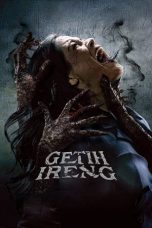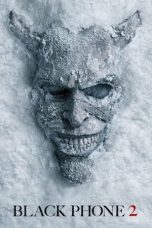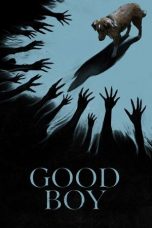New York police are bemused by reports of a giant flying lizard that has been spotted around the rooftops of New York, until the lizard starts to eat people. An out-of-work ex-con is the only person who knows the location of the monster’s nest and is determined to turn the knowledge to his advantage, but will his gamble pay off or will he end up as lizard food?
“Q: The Winged Serpent” 1982 Movie Review: A Cult Classic Creature Feature
Introduction Directed by Larry Cohen, “Q: The Winged Serpent” is a 1982 horror-fantasy film that blends monster-movie tropes with crime thriller elements. Starring Michael Moriarty, Candy Clark, and David Carradine, the film has become a cult classic, known for its unique take on the creature feature genre. Set in New York City, “Q” stands out for its combination of low-budget effects, offbeat storytelling, and a genuinely creepy atmosphere.
Plot Overview The film revolves around the sudden appearance of a winged serpent-like creature, Quetzalcoatl, a mythical beast that has taken up residence atop the Chrysler Building. The plot thickens with a series of gruesome murders and mysterious disappearances, which draw the attention of the police. Meanwhile, small-time crook Jimmy Quinn (Michael Moriarty), discovers the creature’s lair and sees this knowledge as his ticket to the big time. As the police, led by Detective Shepard (David Carradine), close in on both Quinn and the creature, a thrilling chase ensues across the rooftops of Manhattan.
Cast and Performances Michael Moriarty delivers a standout performance as Jimmy Quinn, bringing a mix of desperation, cowardice, and cunning that makes his character fascinating to watch. David Carradine provides a solid presence as the cool-headed Detective Shepard, balancing the film’s more fantastical elements with a grounded investigation narrative. Candy Clark, as Quinn’s girlfriend, adds a personal dimension to the story, contributing to the film’s emotional stakes.
Direction and Cinematography Larry Cohen directs with a flair for blending genres, successfully integrating horror, fantasy, and crime into a cohesive narrative. His use of practical effects and real New York City locations adds a gritty authenticity to the film. The cinematography captures the eerie presence of the creature lurking in the city, utilizing perspectives that enhance the suspense and surprise of its attacks.
Themes and Symbolism “Q: The Winged Serpent” explores themes of greed, opportunism, and the unknown. The film uses the myth of Quetzalcoatl not just as a source of terror but as a metaphor for the hidden dangers that can arise in any society. Jimmy Quinn’s character arc reflects a broader commentary on how individuals react to and capitalize on chaos.
Conclusion While “Q: The Winged Serpent” may not boast the high-budget polish of mainstream horror films, its inventive premise, memorable performances, and effective blending of genres make it a noteworthy entry in the creature feature category. The film’s ability to maintain suspense and provide genuine scares, despite its limitations, is a testament to Cohen’s skill as a filmmaker.
Final Thoughts For fans of horror and creature features, especially those with an appreciation for 1980s cinema and practical effects, “Q: The Winged Serpent” offers a compelling watch. Its status as a cult classic is well-earned, providing both thrills and a unique cinematic experience that stands out in the horror genre.
















